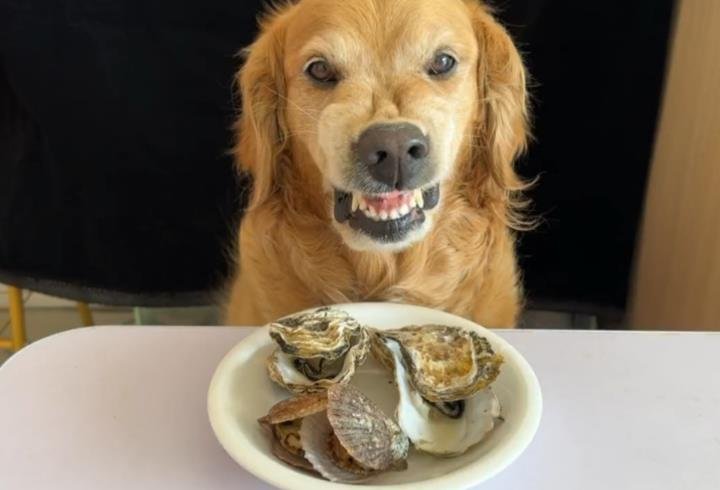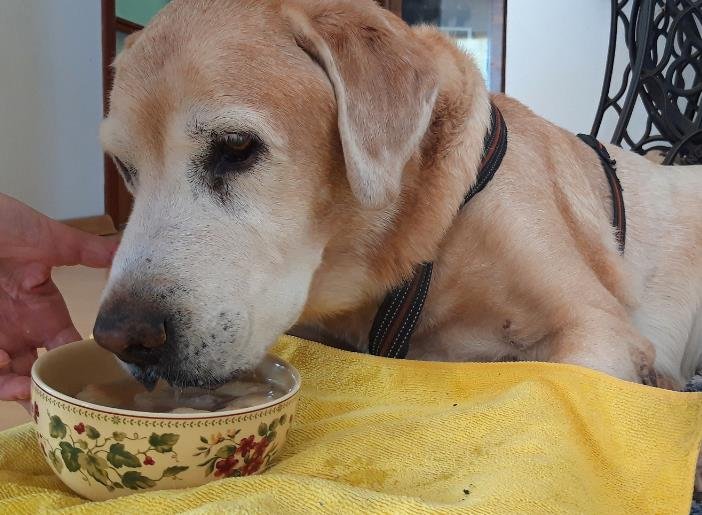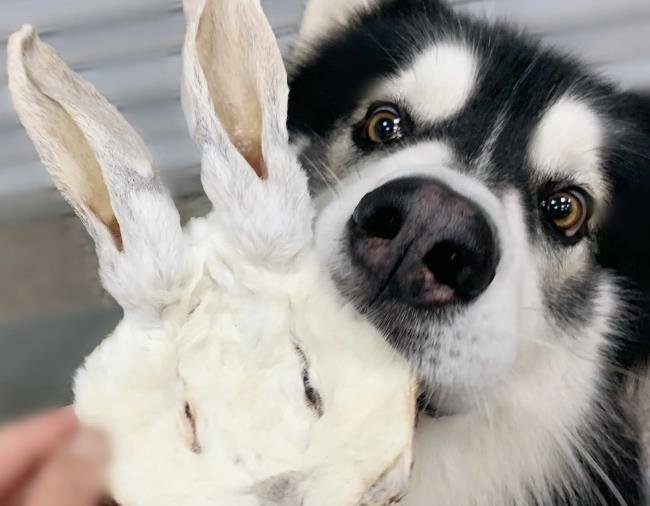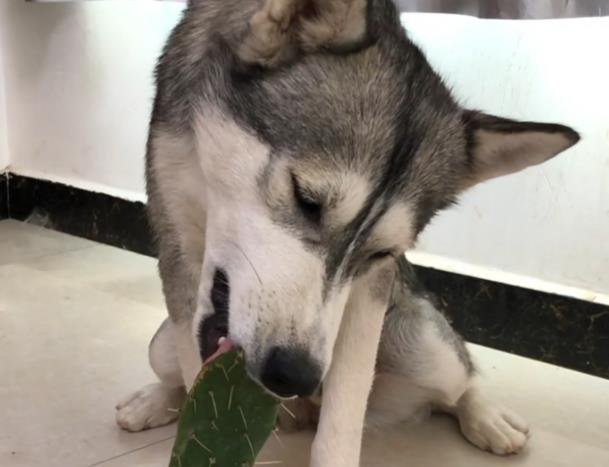Can Dogs Eat Scallops? A Comprehensive Guide
Have you ever wondered if it’s safe to share your scallops with your canine companion? This article explores the potential benefits and risks of feeding scallops to dogs, offering guidance on how to safely introduce this seafood into your pet’s diet.
What Are Scallops?
Scallops are marine bivalve mollusks found in oceans worldwide. They’re prized for their sweet flavor and tender texture. Nutritionally, scallops are high in protein and low in fat, providing essential nutrients like omega-3 fatty acids, vitamin B12, and minerals such as magnesium and selenium.
Can Dogs Eat Scallops?
Yes, dogs can eat scallops, but with some important caveats. Scallops should be:
– Cooked thoroughly (steamed or boiled)
– Prepared without seasonings, especially harmful ingredients like garlic or onions
– Served in moderation as an occasional treat
– Introduced gradually to monitor for allergic reactions
Potential Benefits for Dogs
When fed appropriately, scallops can offer several nutritional benefits:
– High-quality protein for muscle health
– Omega-3 fatty acids for reducing inflammation and supporting cognitive function
– Vitamins and minerals for overall health
Risks and Considerations
While scallops can be beneficial, there are risks to consider:
– Allergic reactions
– Choking hazards from shells
– Potential for foodborne illness if not properly prepared
– Digestive upset if overfed

Safe Introduction to Your Dog’s Diet
If you decide to offer scallops to your dog:
1. Start with a small portion (about one tablespoon)
2. Cook thoroughly without seasonings
3. Remove all shells and cut into appropriate sizes
4. Monitor your dog for any adverse reactions
5. Consult your veterinarian before making significant dietary changes
Alternatives to Scallops
If scallops aren’t suitable for your dog, consider these alternatives:
– Cooked salmon (rich in omega-3s)
– Sardines (high in calcium and vitamin B12)
– Cooked, deveined shrimp (low in fat, high in protein)
Each alternative offers different nutritional benefits and should be prepared appropriately for canine consumption.
Conclusion
While dogs can eat scallops, they should be given as an occasional treat and prepared with care. Always prioritize your dog’s overall dietary needs and consult with a veterinarian before introducing new foods. By following these guidelines, you can safely explore whether scallops might be a suitable addition to your dog’s diet.




